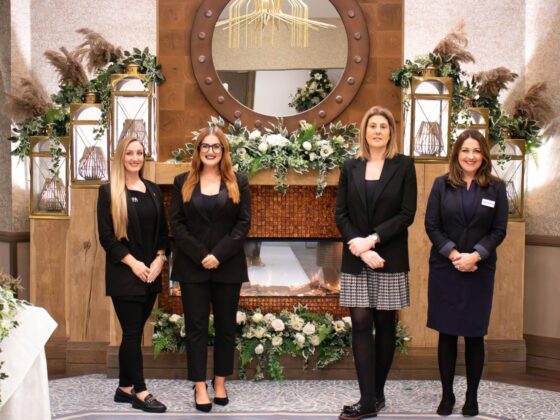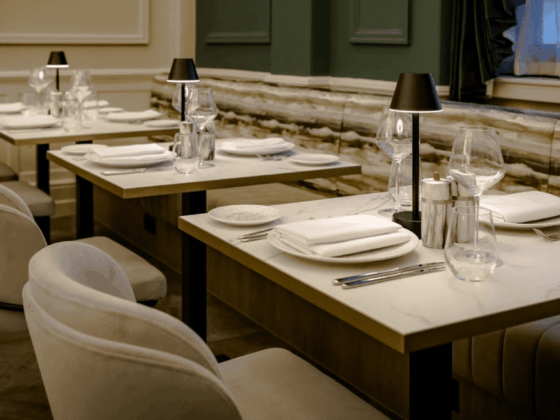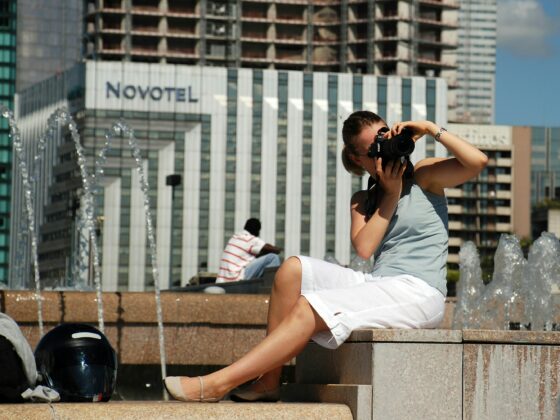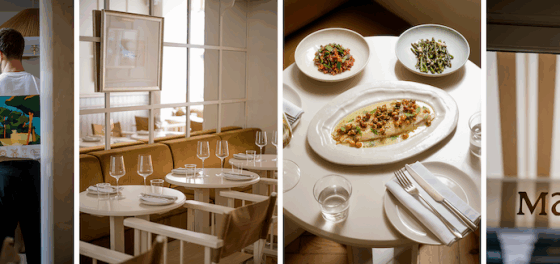You can find AI in AIIIIIIIEEEEE and that is the increasingly-common reaction to statements from the likes of Sir Keir Starmer talking about ‘unleashing’ and ‘overhauling’ and ‘sweeping’. None of these words live happily with phrases such as ‘job security’ or even ‘career security’, which is not a well-known phrase but should be.
Eager to stop shrieking into the wind, we trotted along to Christie & Co’s AI in hospitality: embracing the future round table, which was Chatham House rules, so don’t expect to be able to hang any specific thoughts around any specific necks 10 years from now.
Here at NewDog PR we are hungry to find the nuance away from ‘AI’ being a catchall term for anything involving a computer doing something for you that you could probably do yourself.
In our field, we have mostly rubbed up against large language models, which use large data sets of words to create more words. So if you’re writing an email or want to create a column, you might easily persuade ChatGPT to do it. And it will rummage around and write you something which is the very averaging of everything it can scrape off the internet. And, because it wants to please you, it will make up any facts you might need to support your case.
Now, if you want to churn out something average and not wedded to the truth, there is nothing finer than a large language model. They really do excel. We are fortunate that the people and companies we work with are not looking to flood the zone, but want to rise above. This makes us happy, because creativity is the funnest and why take that away from humanity?
Fortunately for everyone, AI is so much more than hackneyed phrasing and randomly bolding-up words. It can handle huge volumes of data, which will hopefully drive leaps ahead in medicine and, in hotels, it offers the valuable tweaks which could be the difference between profit and the red for our on-the-margins sector.
Caution was the watchword from the Christie & Co event, sage for a sector which has a habit of rushing headlong into technology. Reality can bite. After all, whereas Starmer is hoping AI can remake the UK economy in its entirety, the rest of us are still wondering why our fridges don’t get off their arses and order our food, just like we were promised by the Internet of Things.
Hotels were instead advised to look for small wins instead of big ones and at their problems before looking at the products. All hotels have their issues and most of them are the cost of labour. AI has many solutions for that, but not all of them will work for everything and one size will not fit all. So don’t start with the technology, start with your needs. And make sure whatever you choose will integrate with your existing tech stack.
Driving consumption of AI in hotels at this point is not shiny ads, but customer demand. They want to use their devices to message the hotel. They want to live their tech-enabled lives when they’re away from home and – and good news for any of you submerged in a data lake – they’re usually pretty forwards in telling you what they want when they get there.
One area of unexpected hope – aside from the much-needed cost cutting and efficiency – was the potential for some of that delicious creativity, working alongside AI. High-speed data processing allows you to ponder actually-quite good F&B, all at a low cost. Ideas can be gamed quickly and cheaply, without involving large teams and tiny models, meaning you can let more of them bubble over. Your AI pal will tell you if they think they can work, then you can deploy the human brains to bring them to fruition.
Could AI help us all achieve the ambition of eating a great meal, then rolling upstairs to bed? We’re happy to pause the screaming into our pillows if Sam Altman can make it come true.








